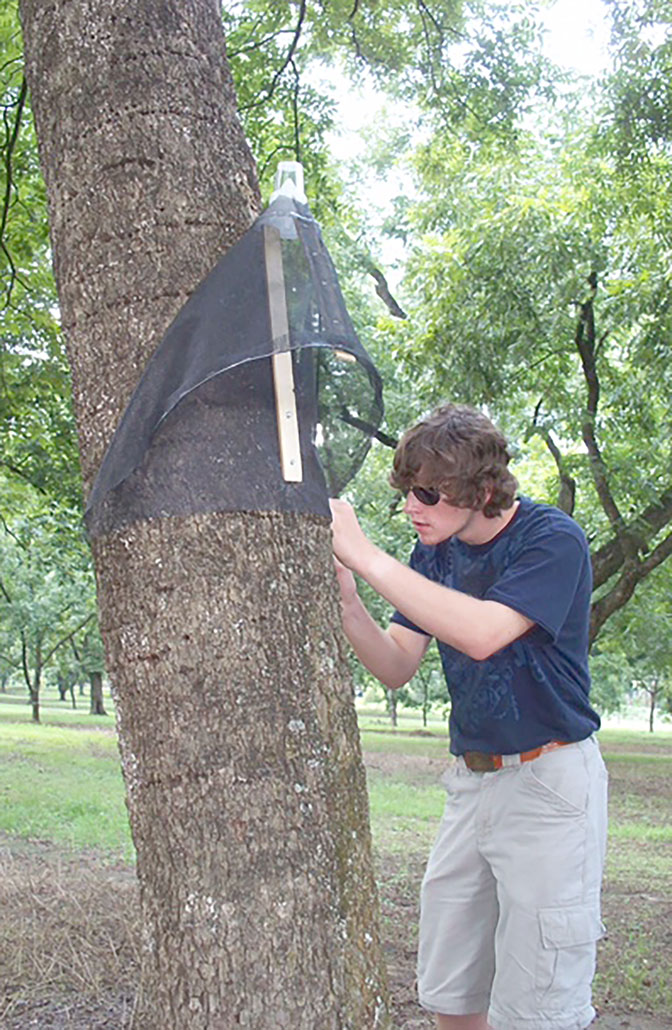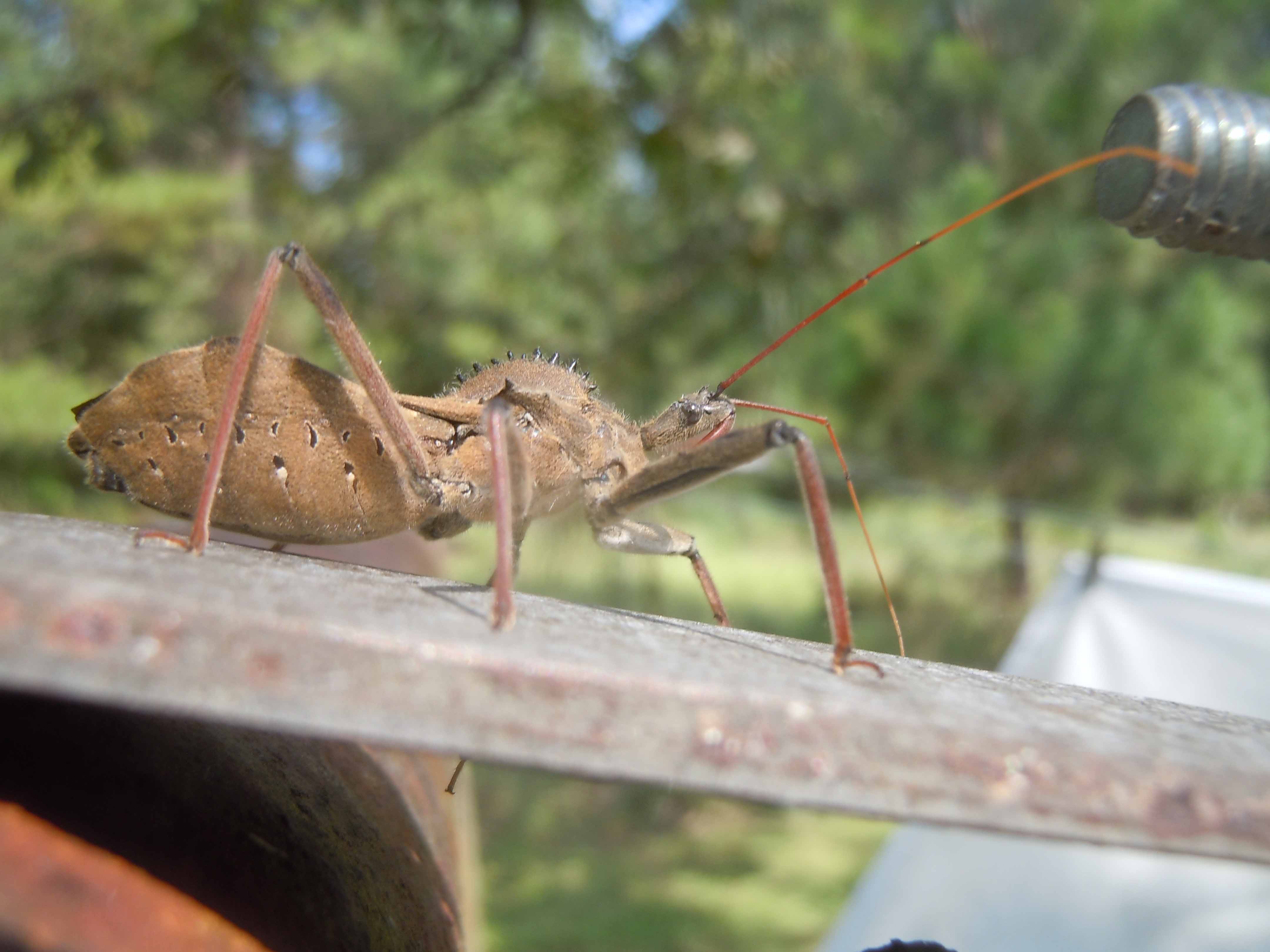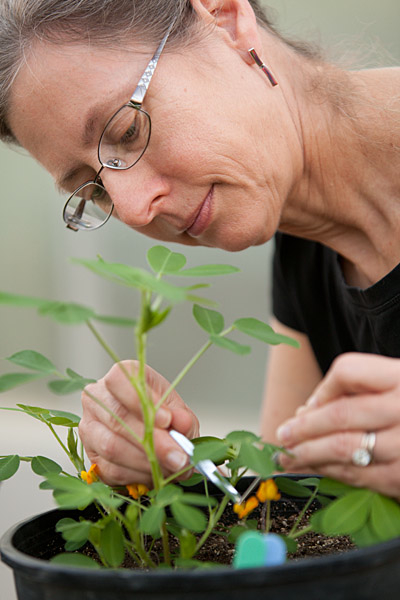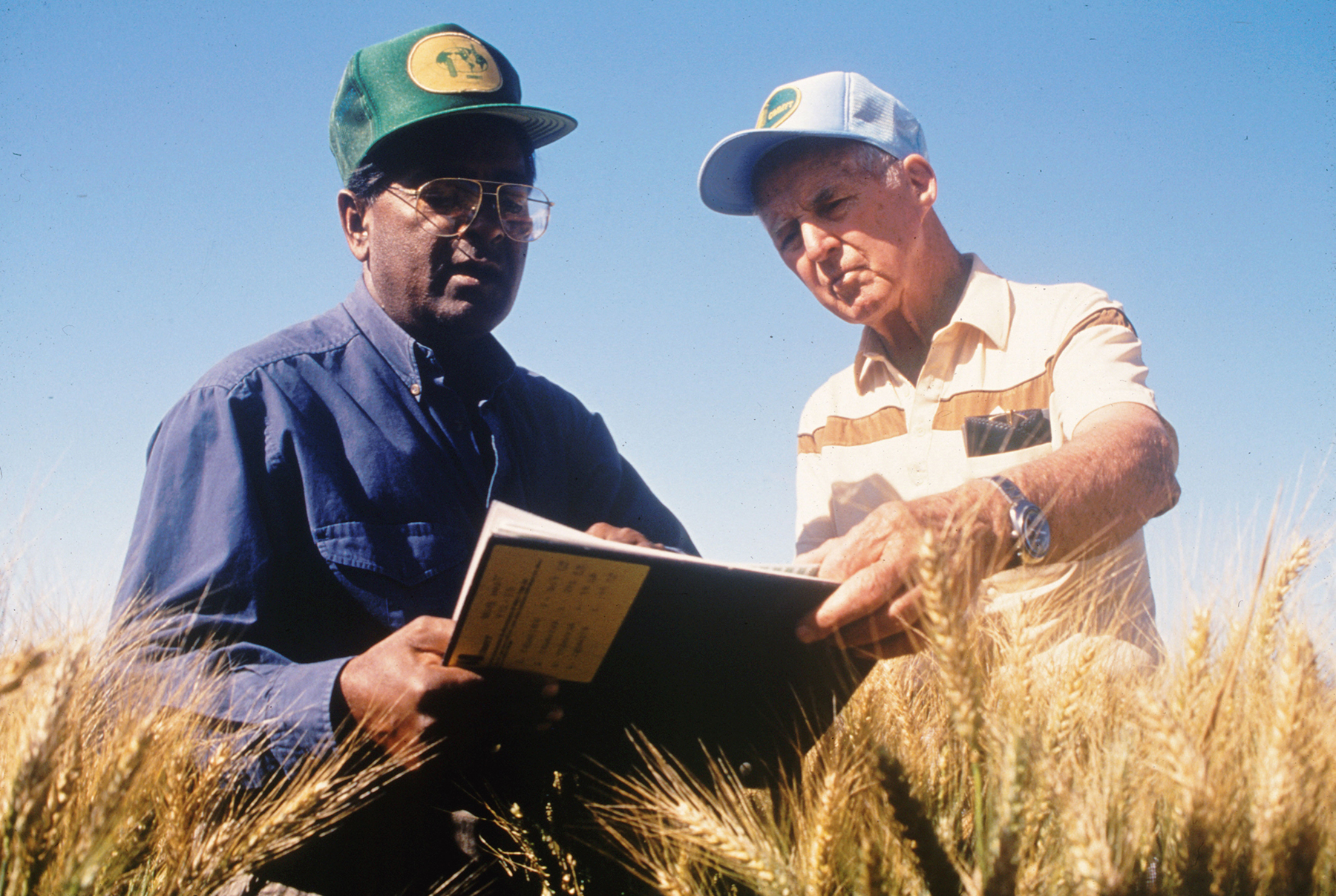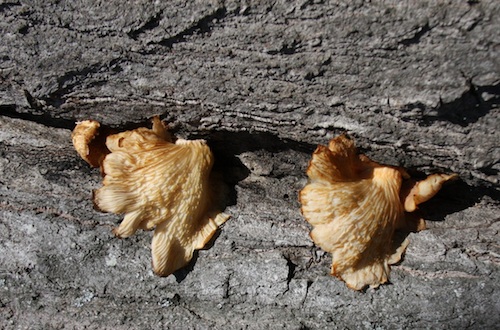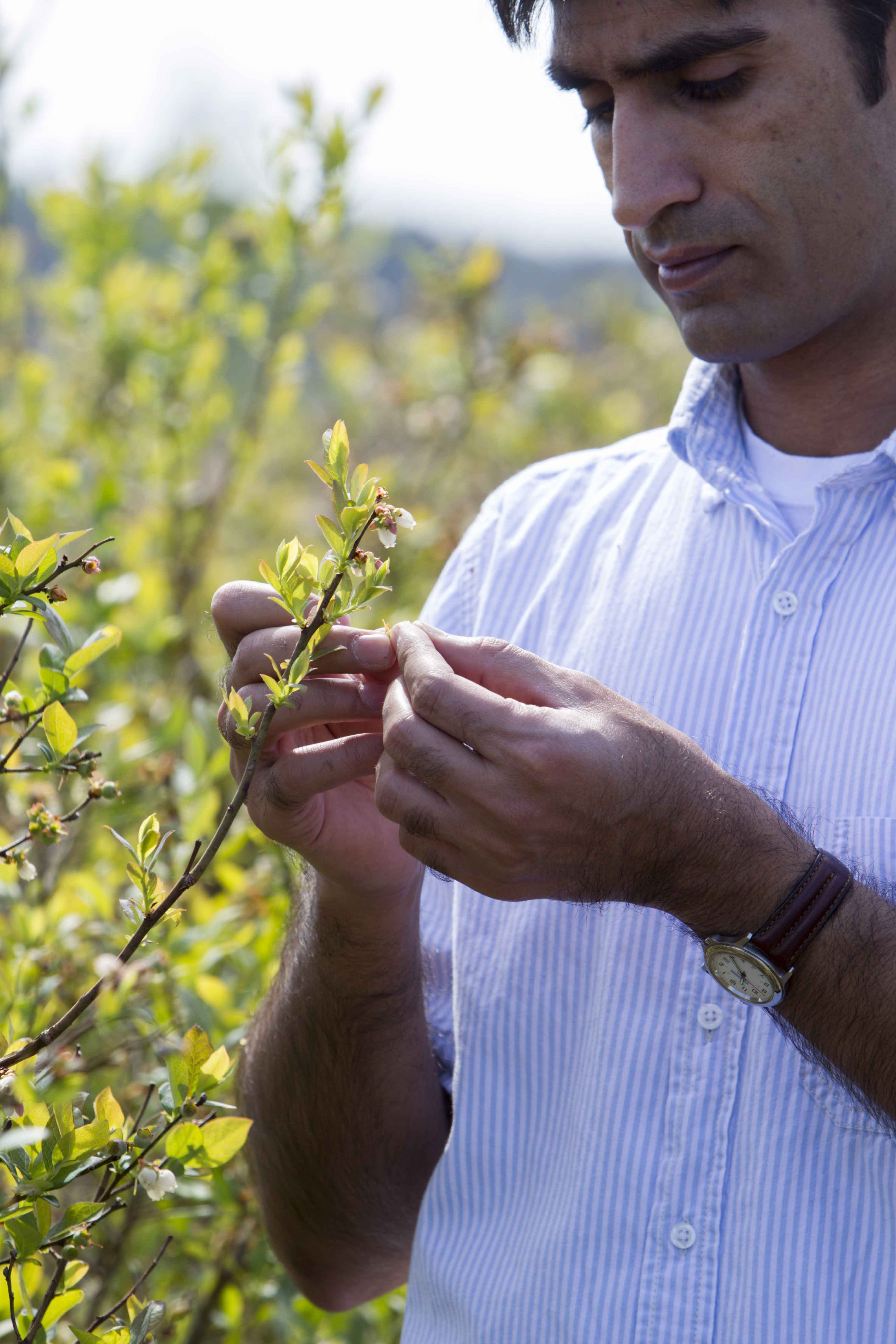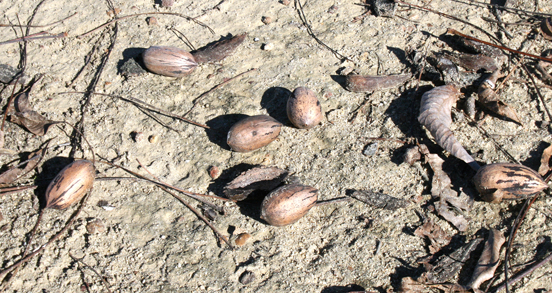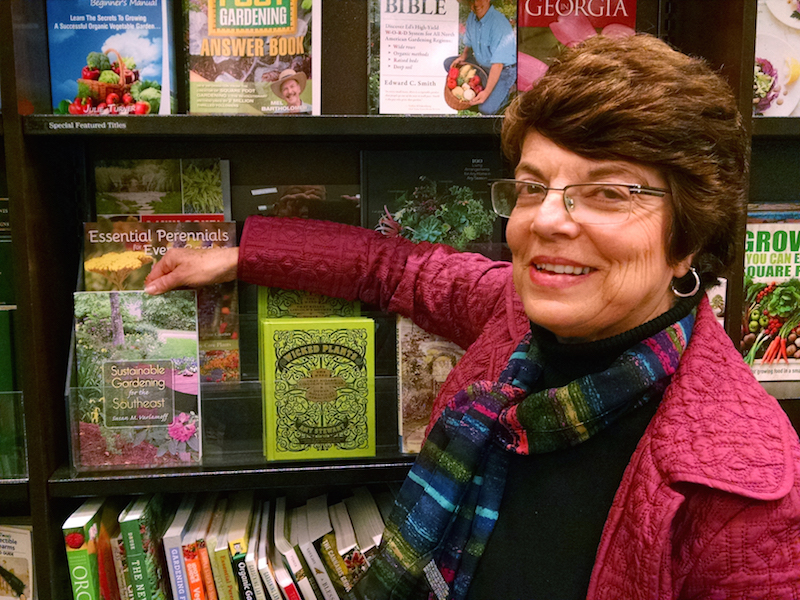 CAES News
CAES News
Sustainable Gardening Book
In her new book, “Sustainable Gardening for the Southeast,” Susan Varlamoff, CAES director of the Office of Environmental Sciences, aims to provide home gardeners with comprehensive information on environmentally friendly gardening and to teach readers how to create an ecosystem in home landscapes.

